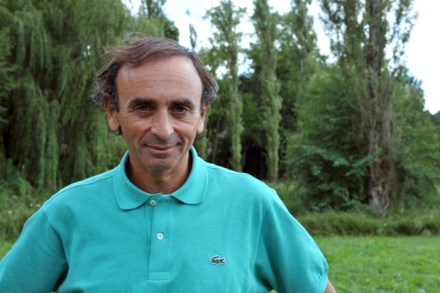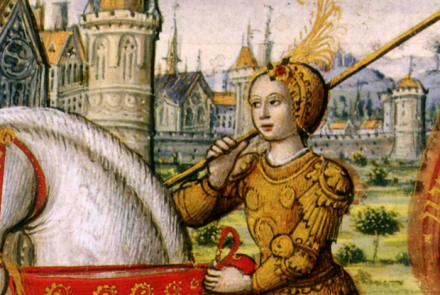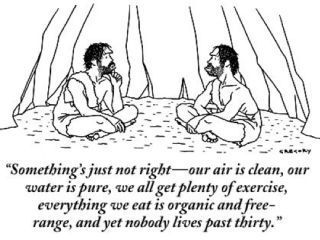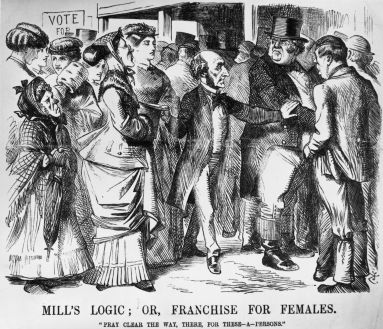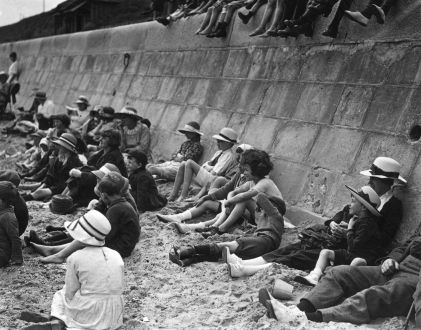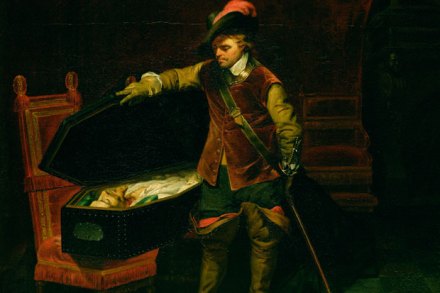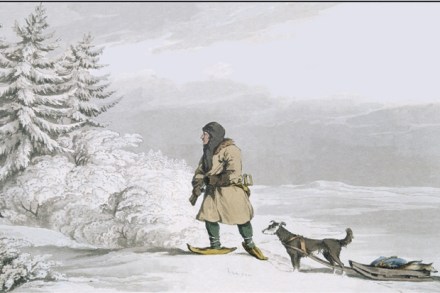Is France now the sick man of Europe? It is if it’s taking Eric Zemmour seriously
For the Figaro journalist and TV commentator Eric Zemmour, whose Le Suicide français has been topping the bestseller lists in France, France is ‘the sick man of Europe’. The land of liberty was once admired by the whole world. Then came May ’68, feminism, immigration, consumerism and homosexuality. On the surface, nothing has changed; espressos are still being plonked down on zinc counters, and ‘the legs of Parisian women still turn heads’. But ‘the soul has gone’. Gays and Muslims are taking over, and France is ‘dissolving in the icy waters of individualism and self-hatred’. The blurb calls Le Suicide français an ‘analyse’, but there is nothing analytical about it.
